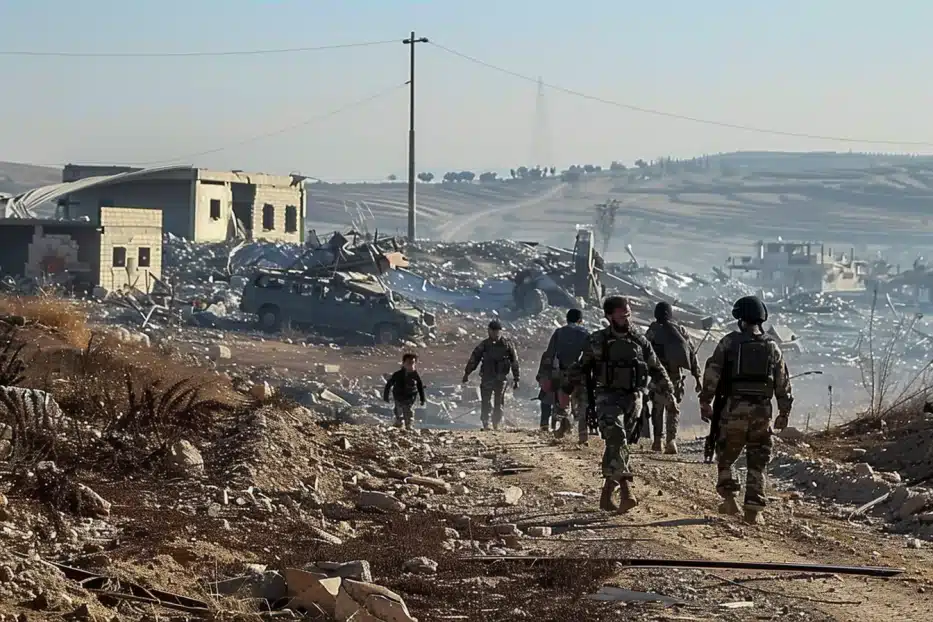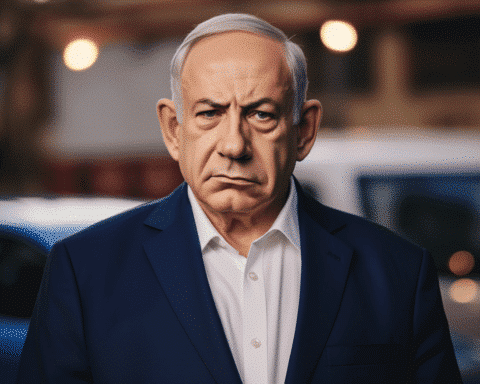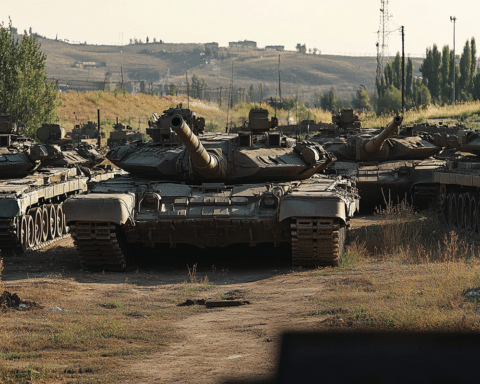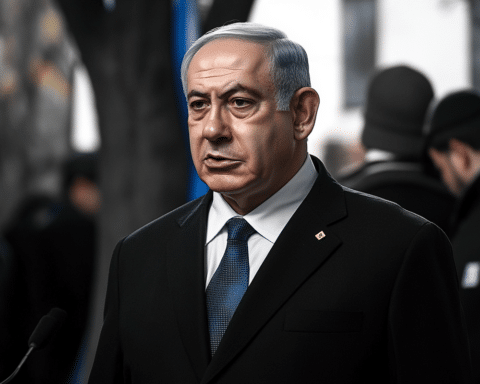For years, Sivan Shoshani Partush has been a beacon of community spirit in Kibbutz Malkiya, nestled near Israel’s border with Lebanon. Her description of Malkiya as a “little slice of heaven” resonated with many, drawing families to its tranquil and picturesque setting. However, the recent surge in cross-border violence has cast a shadow of uncertainty over their idyllic life. Partush, among roughly 60,000 Israelis evacuated, now faces the harrowing question of whether a return to her beloved home is within reach or even advisable amidst ongoing hostilities.
The escalation began when Lebanon’s Hezbollah militant group intensified its assault on Israel following an attack by Hamas-led militants. The conflict has not only disrupted lives but also painted a grim picture of the cost of violence, with significant civilian and military casualties on both sides. The Israeli Defense Minister, Yoav Gallant, articulated a clear objective: to deter Hezbollah from the border, employing diplomacy or force as necessary. Despite these efforts, the struggle persists, with Hezbollah continuing its aggressive tactics.
For those like Partush, the reality is a daily negotiation with fear and the longing for normalcy. She articulated a vision for security that seems distant in the current climate, emphasizing the necessity of a formidable defense to ensure the safety of her community. This sentiment is echoed across evacuated areas, where the desire to return home battles with the tangible fear of ongoing conflict.
Remarkably, some regions near Gaza, such as Sderot, are witnessing a slow return to routine, offering a glimmer of hope amidst widespread displacement. Yet, for those like Partush and Michal Nidam, a high school counselor from Kiryat Shmona, the road to recovery seems fraught with challenges. Nidam’s account of a childhood marred by anxiety due to constant rocket threats underscores the deep-seated trauma inflicted by such conflicts.
As the nation grapples with this prolonged crisis, its people’s resilience is tested. The stories of individuals like Partush and Nidam reflect a broader narrative of struggle and perseverance. Yet they also highlight the critical need for a sustainable resolution that ensures safety and stability for all affected communities.
The uncertain future of these displaced families underscores the pressing need for peace and security along the volatile borders of Israel. As international mediators strive to avert a full-scale war, the hope for a return to normalcy remains intertwined with the complex tapestry of regional politics and the unwavering spirit of those displaced by conflict.




